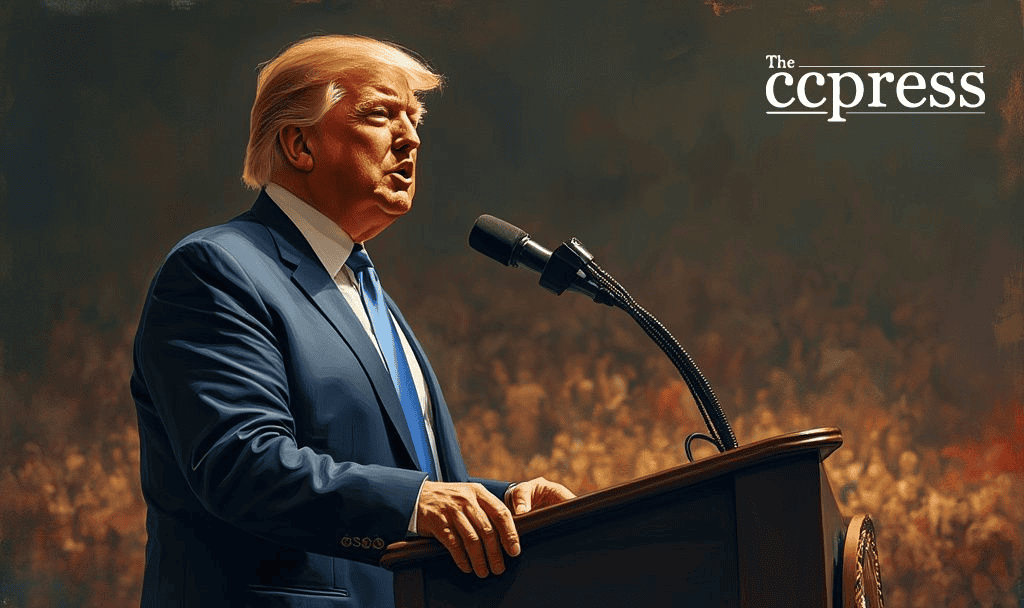- President Trump’s reciprocal tariff pause impacts global markets.
- Potential U.S. inflation concerns arise.
- Retaliatory global economic measures likely.

The reciprocal tariff pause by President Trump raises concerns of potential inflation and retaliatory measures by trade partners. Global markets are monitoring for shifts as financial landscapes adapt.
The implementation of a 90-day tariff pause by President Trump comes as part of his “America First Trade Policy.” This move involves a 10% reciprocal tariff, seeking to address trade imbalances.
Key figures involved include President Trump and Nationwide Chief Economist Kathy Bostjancic. Economic strategies are driving the tariff changes, with Trump emphasizing reciprocal trade practices.
Reciprocal. That means they do it to us, and we do it to them,” emphasized President Donald J. Trump, highlighting his rationale for imposing these tariffs as a response to non-reciprocal trade practices by other nations.
The immediate market reaction includes concerns over rising inflation and potential trade disputes. Analysts predict that these tariffs could cause recessions in both the U.S. and affected countries, impacting various industries.
Financial market instability is anticipated as tariff policies evolve. Import tariffs from countries like China face tariffs exceeding 60%, while Cambodia and Vietnam face significant charges, affecting their economies.
Cryptocurrencies remain unaffected by these tariffs, though global economic instability might influence their value as investors react to market shifts. Historically, trade disruptions have increased volatility in cryptocurrency markets, suggesting potential fluctuations in crypto values as investors seek alternatives during economic uncertainty.
